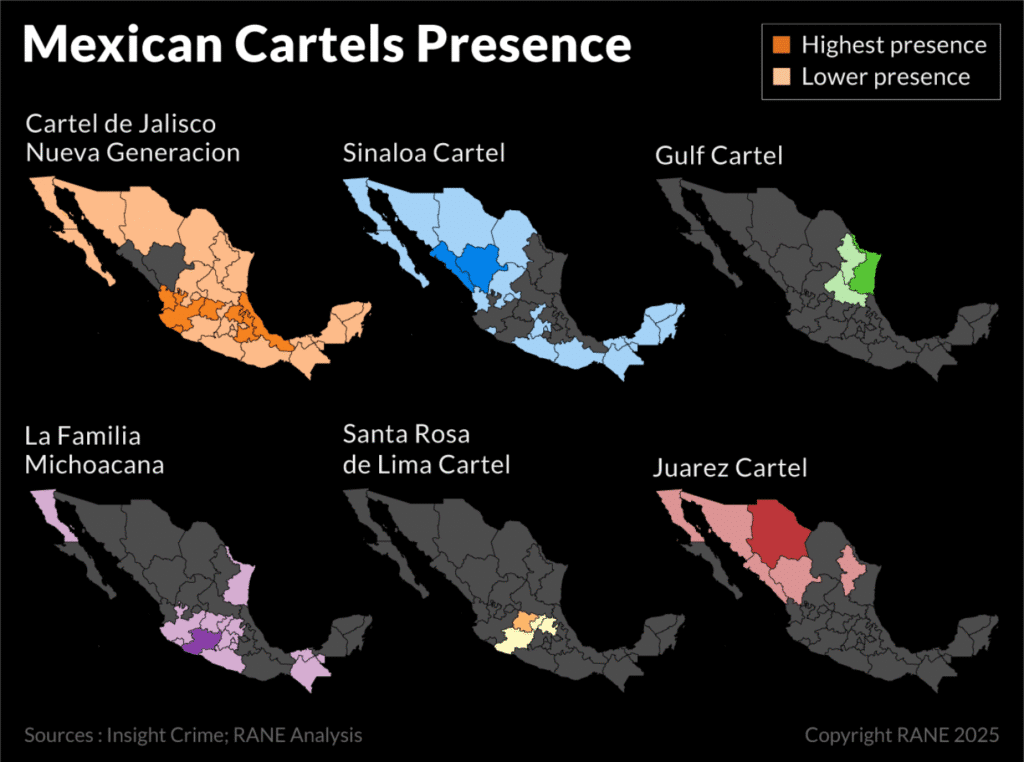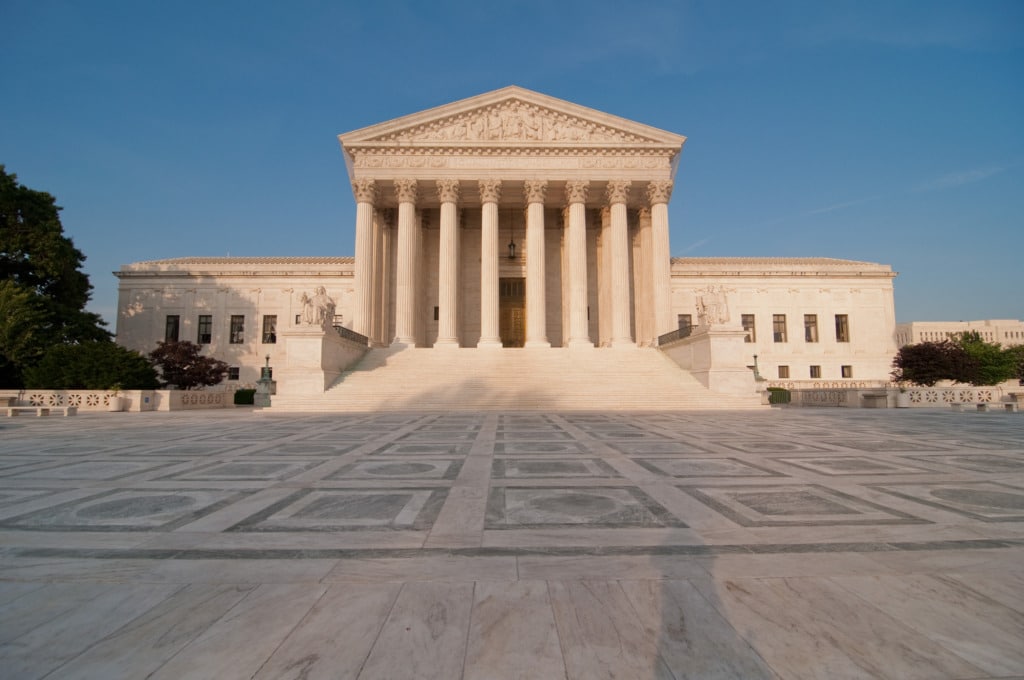Legislative Control of Personal Jurisdiction—An Opening Door
As every first-year law student learns in Civil Procedure, the Supreme Court constitutionalized the law of personal jurisdiction in Pennoyer v. Neff (1878), holding that the Due Process Clause of the Fourteenth Amendment limits the jurisdiction that state courts may exercise. Legislatures still have roles to play. States enact long-arm statutes to reach non-resident defendants,…
Continue ReadingSDNY Grapples with Fuld
In Fuld v. Palestine Liberation Organization, as we have previously covered, the Supreme Court held that the due process limits on personal jurisdiction under the Fifth Amendment differ from those of the Fourteenth Amendment. But the Court did not spell out what the personal jurisdiction analysis should be under the Fifth Amendment, other than stating…
Continue ReadingNew Essay on the Future of Fuld v. PLO
I have expanded on my prior TLB posts on Fuld v. PLO, including a series of posts I wrote last summer critiquing the originalist case for unlimited personal jurisdiction under the Fifth Amendment, in a new essay that is forthcoming in the Yale Law Journal Forum and is now available on SSRN. In this new…
Continue ReadingThrowback Thursday: Forecasting Fuld
Nearly a decade ago, Professor Aaron Simowitz identified not only the problem presented in Fuld v. PLO (2025), but also the solution the Supreme Court ultimately adopted. This Throwback Thursday post highlights Simowitz’s article Legislating Transnational Jurisdiction (57 Va. J. Int’l L. 325), which offers important insights for those trying to make sense of Fuld’s…
Continue ReadingUnpacking the Originalist Argument for Maximalist Personal Jurisdiction, Part IV: Picquet v. Swan
This is the fourth in a series of posts questioning the originalist argument for unlimited personal jurisdiction in the federal courts. The prior posts have argued that many of the sources cited by proponents of the theory, including early admiralty cases and twentieth-century cases about the extraterritorial reach of Congress’s prescriptive jurisdiction, do not bear…
Continue ReadingUnpacking the Originalist Argument for Maximalist Personal Jurisdiction, Part III: Admiralty Jurisdiction
This is the third in a series of posts questioning the originalist argument for maximalist personal jurisdiction. The crux of the originalist argument is that early federal decisions discussed limits on personal jurisdiction in terms of international law (not constitutional constraints) and that Congress could override international law. Thus, the theory goes, Congress as an…
Continue ReadingUnpacking the Originalist Argument for Maximalist Personal Jurisdiction, Part II: The Logic of Syllogisms
This is the second post in a series questioning the originalist argument for maximalist personal jurisdiction, as embraced by Justices Thomas and Gorsuch in their Fuld v. PLO concurrence. Pivotal to the originalist theory of maximalist personal jurisdiction is the argument that limits on adjudicative power were initially understood not as due process limits (or…
Continue ReadingPotential Impact of Recent Cartel Designations
On January 20, 2025, President Trump issued Executive Order (E.O.) 14157, directing the Secretary of State to designate international criminal organizations, including drug cartels, as Foreign Terrorist Organizations (FTOs) under the Immigration and Nationality Act (INA) and as Specially Designated Global Terrorists (SDGTs) under the International Emergency Economic Powers Act (IEEPA). On February 20, 2025,…
Continue ReadingUnpacking the Originalist Argument for Maximalist Personal Jurisdiction
The Supreme Court’s recent decision in Fuld v. PLO declined to address what it called the “maximalist” theory of personal jurisdiction put forward by the petitioners, several amici (including the House of Representatives), and some vocal lower court judges: That as a matter of original understanding, the Due Process Clause of the Fifth Amendment places…
Continue ReadingFuld’s Implications for the FSIA (and Other Federal Statutes)
In Fuld v. PLO, the U.S. Supreme Court held that “the Fifth Amendment does not impose the same jurisdictional limitations as the Fourteenth.” This means that Congress may authorize federal courts to exercise personal jurisdiction over defendants that state courts may not constitutionally reach. In Fuld, the Court upheld the constitutionality of the Promoting Security…
Continue Reading



